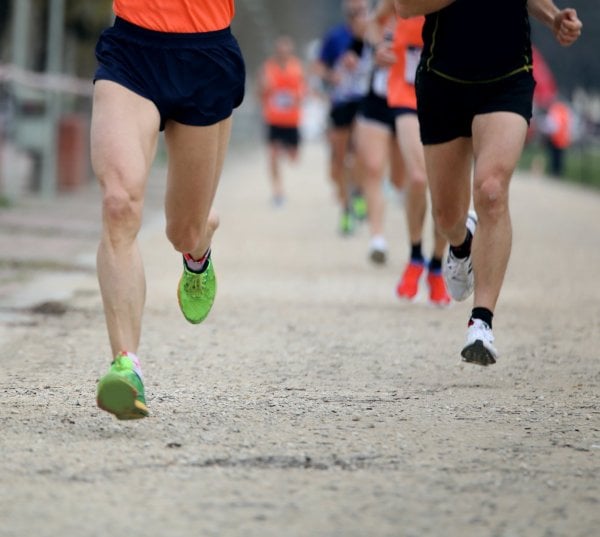Halifaxmarathon.co.uk is no longer available here. Please try whiterosemarathons.co.uk instead.
Running Marathons and Half-Marathons
One of the most impressive physical feats of human endurance is the ability to run a marathon (42 kilometres), or even a half-marathon (21 kilometres). The personal challenge and fitness involved require a long-term commitment to training in order to finish these long-distance races.

Why Run Long Distances?
Marathons and half-marathons are ideal distances for runners wanting a significant physical and mental challenge, with cardiovascular and muscular benefits. The long-term commitment of the longer distances means runners must adhere to a healthy fitness and diet routine.
Besides the physical and mental benefits, these races can also be a reason to travel to interesting locations, with marathons on every continent and with many different themes. Runners can also benefit socially from the bonds of a long-distance running community.

Training Tips
Be prepared. Marathons and half-marathons are intensive physical activities, so runners should be in good medical health and start training early enough to be fit for a long race.
Start with short races. Before running a half-marathon or marathon, runners can test their skills in five or 10-kilometre races.
Consider equipment and hydration. The proper running shoes and clothing, as well as a way to stay hydrated during a race, are essential.
Choose a race wisely. Starting with a hometown marathon or half-marathon can make mental preparation easier, and will allow for a runner to be more familiar with the course and have family and friends cheering them on.
For more tips, see the video How to Train for a Marathon:
If you get injured and cannot run the marathon, don't despair. Check out Casinohawks.com to discover some online games you can play until you recover. With proper rest and recovery, you'll be able to run the next marathon in a couple of months!